… or, how I stopped worrying and started liking writing queries.
Some of us writers get really worked up over querying agents and editors. It’s because of that danged query letter you have to write, your pitch, your one chance at impressing those lofty souls in their fancy-pants, luxury New York offices. It can spoil the momentum you felt when you typed The End on your story. Even though you have perhaps just completed a brilliant 300-page manuscript, it’s writing this simple, one-page business letter that keeps you up at night, worrying about what should go in it, in what order, and what can be left out. Gaaaah!
Frankly, sometimes agents and editors don’t make it any easier. Even though they patiently tell us at conferences what they would like those letters to say, sometimes they give us so many rules about what to put in the letter, what not to put in (e.g., glitter); what the email subject line should be; if it’s to be snail mailed, whether the letter should be wrapped around the accompanying SASE or folded separately, whether the two should be paper-clipped together, and on and on.
There are also templates available to use as a guide for crafting these dreaded (and sometimes dreadful) letters, but it seems to me that if everyone followed those templates to the letter (so to speak) then every query would read the same. Not to mention that a strict following of the rules can result in ridiculousness, like that of a writer I once knew who, learning that the query letter should be only one page long, printed it out on legal-sized paper to make it fit.
So what is the one right way to write a query? Let’s take a look at some query letters that worked and see what they have in common. The examples below were written by EMUs Debuts authors, but I’ve taken the liberty of stripping out the identifying matter so we can just examine the structure, the bones, of the letter. Remember, all of these elicited a positive response.
Example #1
Dear Agent/Editor:
[A 160-word synopsis of a middle grade “tween” novel, written in a sprightly style that reflects the novel’s voice.] [TITLE] is a [WORD COUNT]-word, humorous middle-grade novel about [very brief, less than 25 words, DESCRIPTION of the story]. The novel stands alone but has series potential.
I graduated from [UNIVERSITY AND DEGREE] and have a [PREVIOUS RELATED PROFESSIONAL WORK] published in [PUBLICATION]. My work has garnered [AWARDS AND RECOGNITION], which are detailed on my website, [URL].
I would be happy to send my complete manuscript upon your request and have pasted the first [#] pages below. Thank you so much for your consideration.
Sincerely,
[AUTHOR]
Example #2
Dear Editor:
[Twenty-seven word DESCRIPTION of the plot of an ecology/science-based picture book]. May I send you [TITLE], a funny [WORD COUNT]-word story for ages four to eight? The tale begins:
[“FIRST FEW LINES of the manuscript–54 words.”]
Although this story is fiction, I’ve gathered scads of facts about [RELATED SCIENTIFIC INFORMATION], thus providing an option for sidebars or notes at the end. ([EXAMPLE given of a question that might be used for these notes])
I am a member of [A RELATED PROFESSIONAL ORGANIZATION, for which I volunteer]. I’ve sold stories, poems, and activities to [MAGAZINE TITLES related to the genre], and my personal essay “[TITLE]” appeared in [PROFESSIONAL PUBLICATION]. I’m also a[n amateur in the scientific field from which the book comes].
Please contact me if you’d like to see [TITLE]. I look forward to hearing from you.
Sincerely,
[AUTHOR]
Example #3
Dear [Agent’s first name, NOTE: This author had already met the agent in person and established a more casual relationship, hence the familiarity, usually a no-no.]
I know you represent nonfiction and picture books, which is an all-too-rare thing these days. I love [AN AUTHOR THIS AGENT REPRESENTS and one of THAT AUTHOR’S TITLES], and I’m also a huge fan of [ANOTHER WELL-KNOWN AUTHOR THE AGENT REPRESENTS]. Plus, you just seem totally cool! 🙂
I hope my [WORD COUNT]-word picture-book biography, [TITLE], will be a good match for you. [150-WORD SYNOPSIS OF THE BOOK, INCLUDING THE SUBJECT’S BACKSTORY].
I have published more than [#] articles for children and parents in [RELATED MAGAZINES AND OTHER PUBLICATIONS]. I have been a member of [PROFESSIONAL ORGANIZATION] for five years, and as you know, I’m now [A VOLUNTEER LEADER FOR THAT ORGANIZATION].
I became interested in this particular story [HOW I LEARNED OF THE BIOGRAPHY’S SUBJECT]. [I HAVE INTERVIEWED THE SUBJECT FIRSTHAND]. Please let me know if you are interested in seeing more. Thank you very much for your time.
Sincerely,
[AUTHOR]
Example #4
Dear [Ms./Mr. X]
[Personalization if applicable]
[115-word SYNOPSIS/description of a young adult fantasy novel].
[TITLE] is an [WORD COUNT] word YA urban fantasy, an excerpt from which won [WELL-KNOWN WRITERS’ CONTEST AND LINK TO ITS WEBSITE). I am the author of [TITLE], a short story in [A GENRE-RELATED ANTHOLOGY], and this is my first novel. I’ve included the first chapter inline.
Thank you for your time and consideration,
[AUTHOR]
[contact info]
What can we make of these queries? They have similarities, but they’re not boilerplate, by any means. What I conclude when I look at them is this: The only right way to write a query letter is to write it like a writer. You are unique and talented, your project is unique (we hope) and so your cover letter, naturally, ought to reflect that.
You can do it! We’re supposed to be good at this communicating-through-words stuff, right? So gather up all the things you want to communicate and set them down on paper, using your own voice. Make it professional, but not stuffy.
Think about your audience, too. Keep in mind that these editors and agents really aren’t snobs and don’t usually work in plush offices; they are regular people who probably wear threadbare PJs once in a while (rarely to work, though, I suspect). They leave crumbs by the sink and have to grocery shop and do laundry, just like most of us. Don’t let them intimidate you! Write the agent/editor a business letter that shows them you can interact with people like a normal, fully functioning human being. If they take your project on, they’ll be stuck with you for a long while, so they might like to know beforehand that you’ll be professional, collaborative, and easy to work with. Which you are, right?
Write your query as only a talented writer can, with style, and with the guiding principle that you intend to communicate information that may be of interest to the reader. It’s really all about confidence in your writing skills and, you know, I hope you have some because you’ll need that confidence later when it’s time to work with that agent/editor on revisions.
I just ran across this quote by historical fiction author Hilary Mantel. Although she was referring to writing her memoir, I think it applies to how one should approach writing a query, too:
“I will just go for it, I think to myself, I’ll hold out my hands and say, c’est moi, get used to it.”
C’est moi. This is me. This is my work. I like it and I hope you will, too. See? Not hard at all. Nothing to get worked up about. Now go write that query!

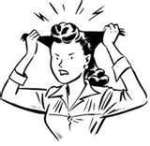
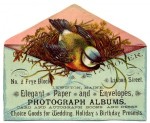



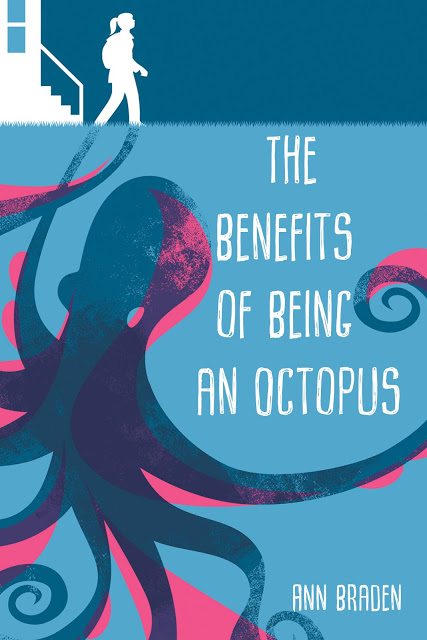

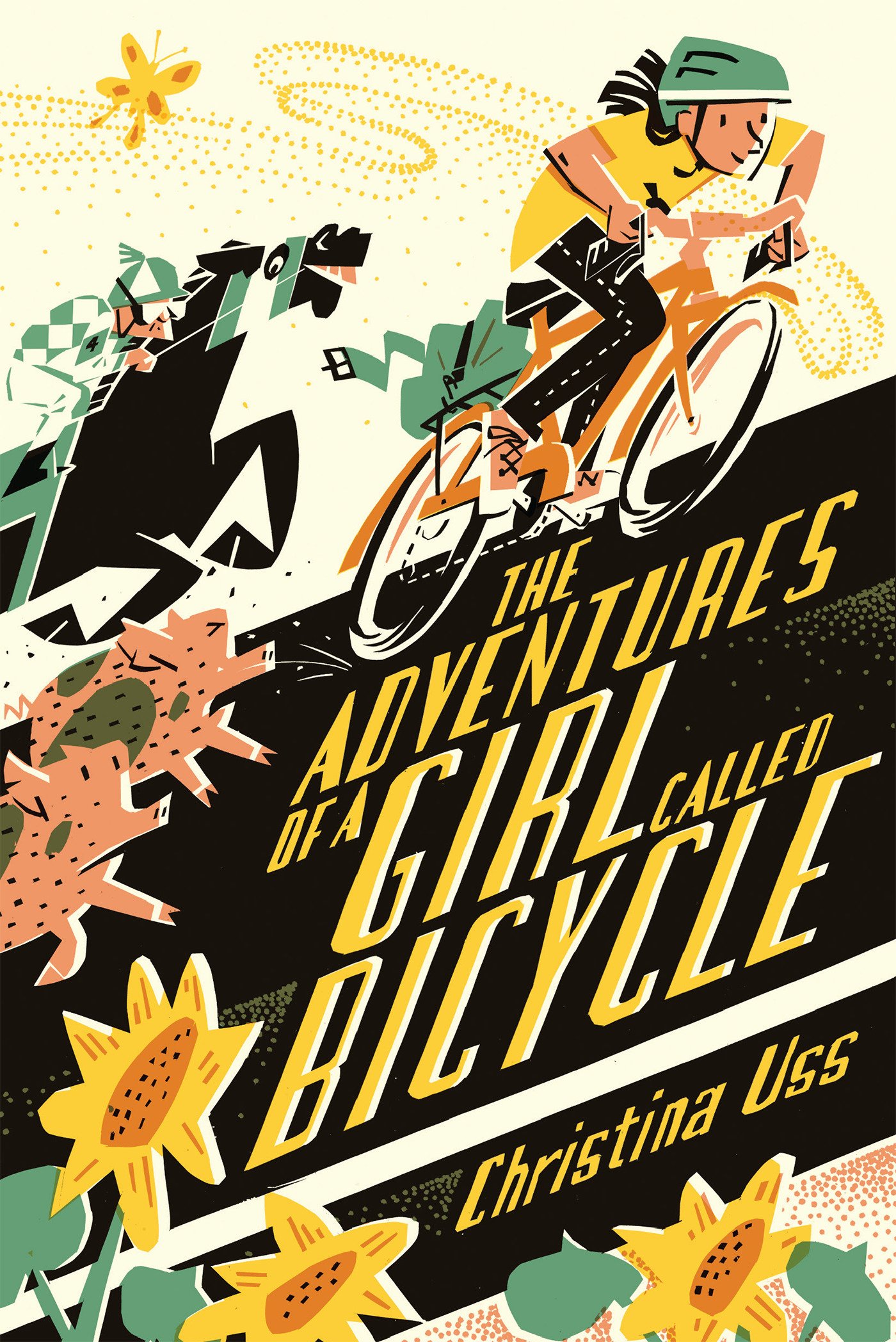






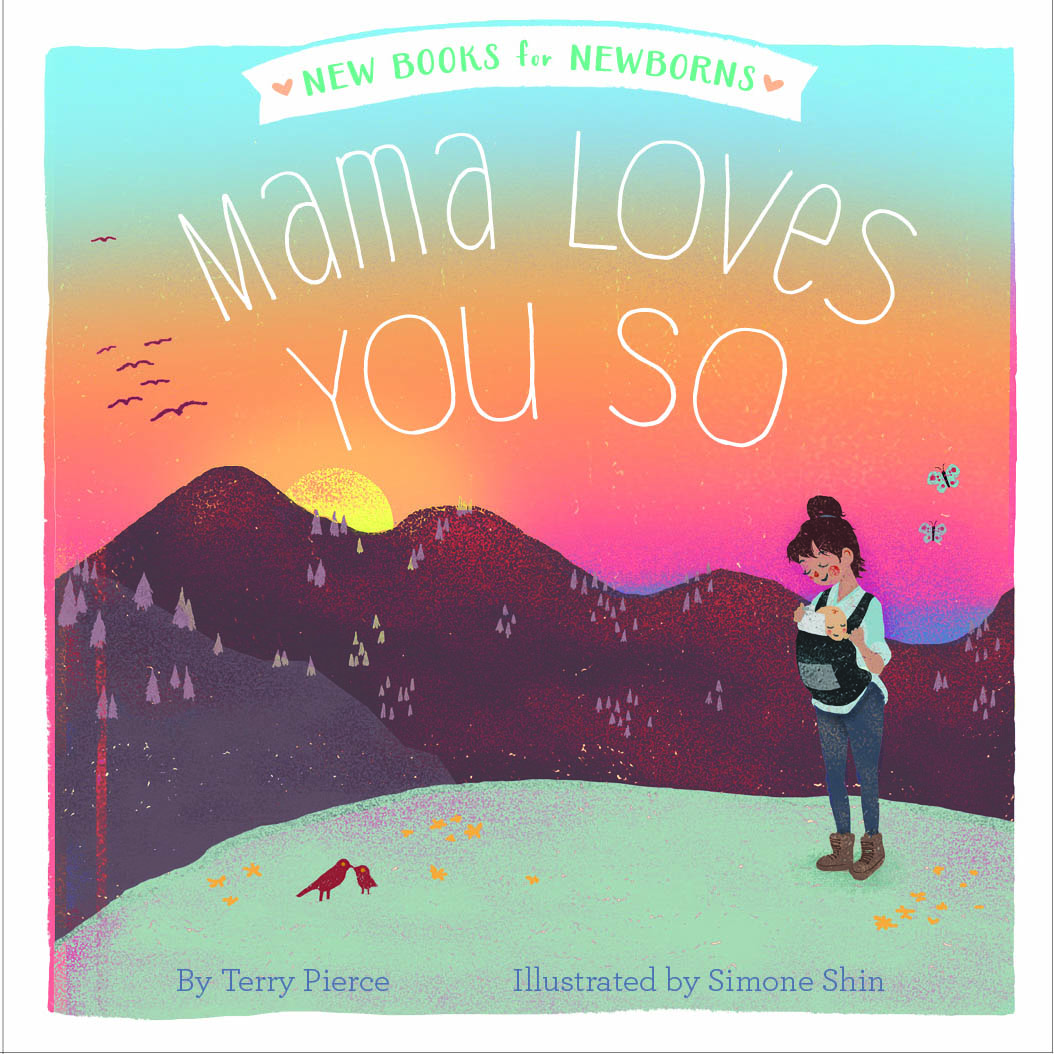
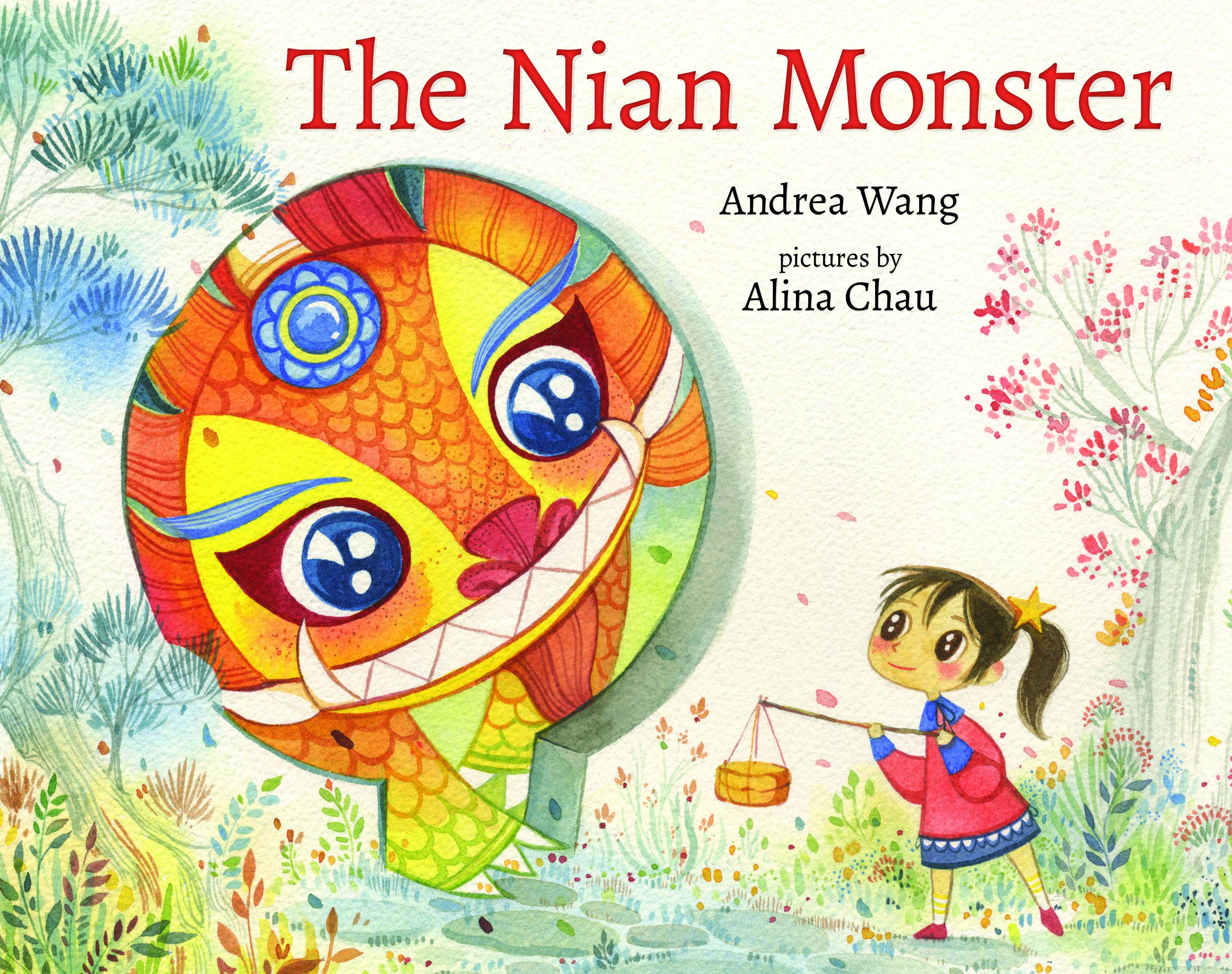
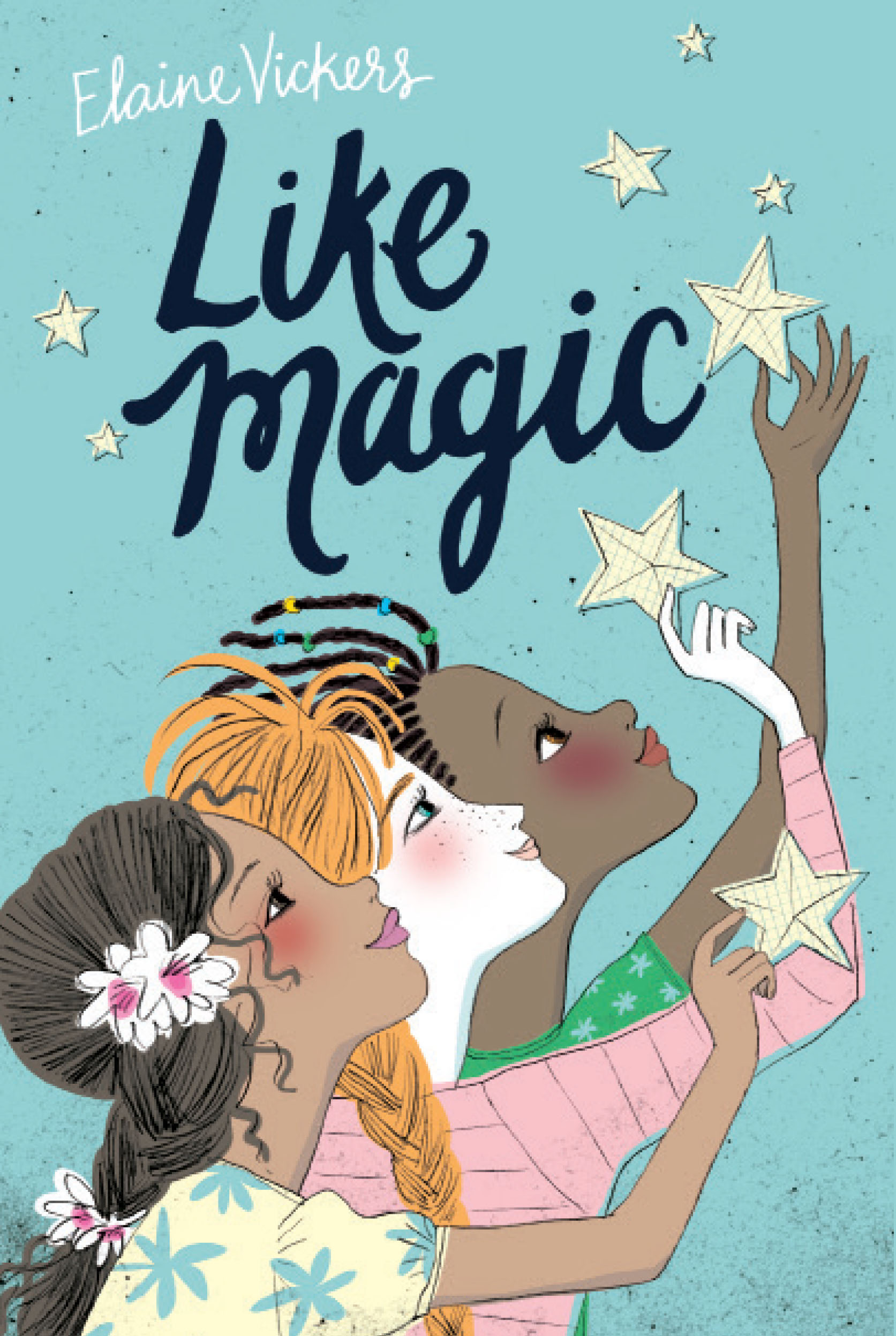
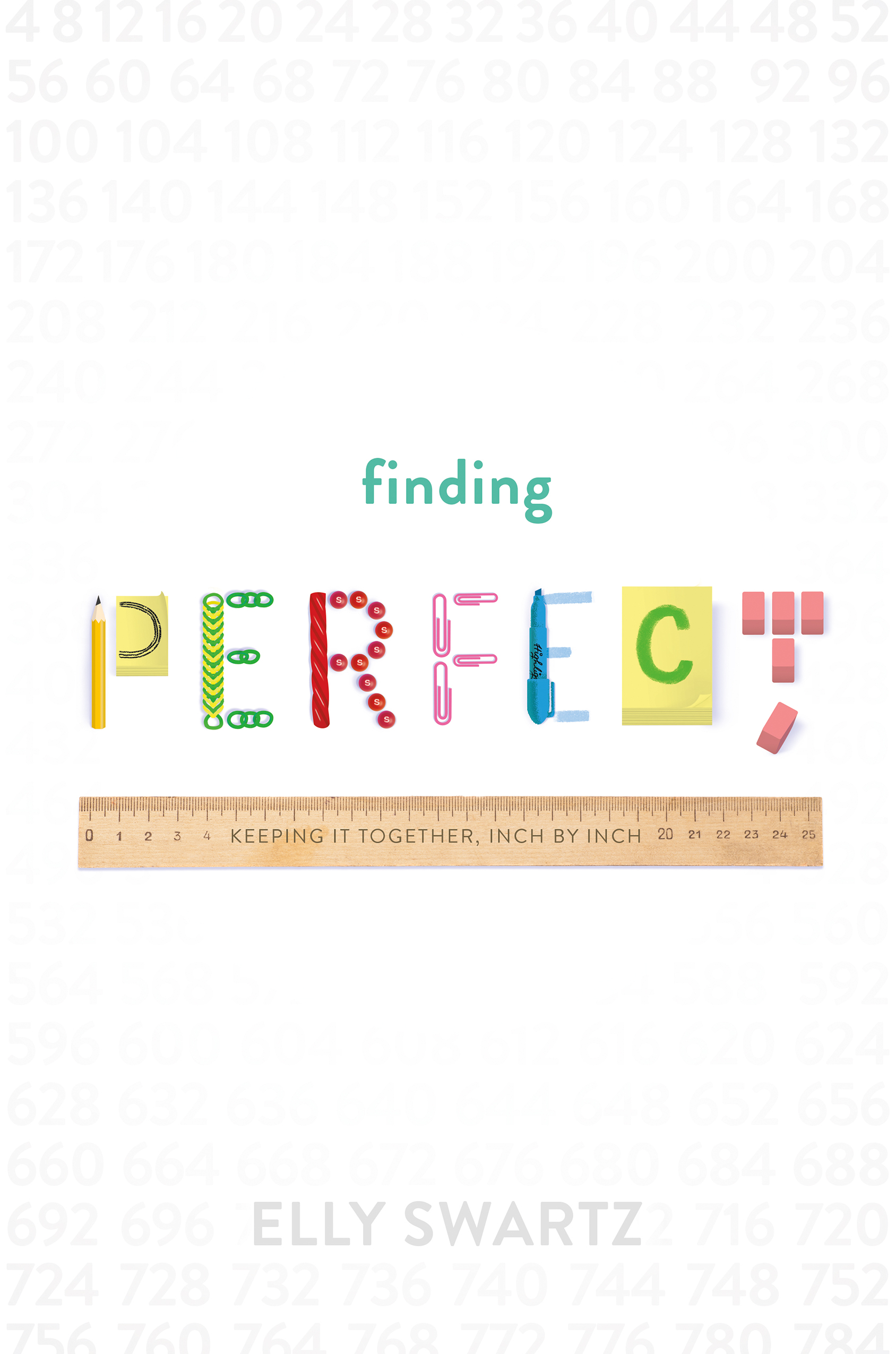
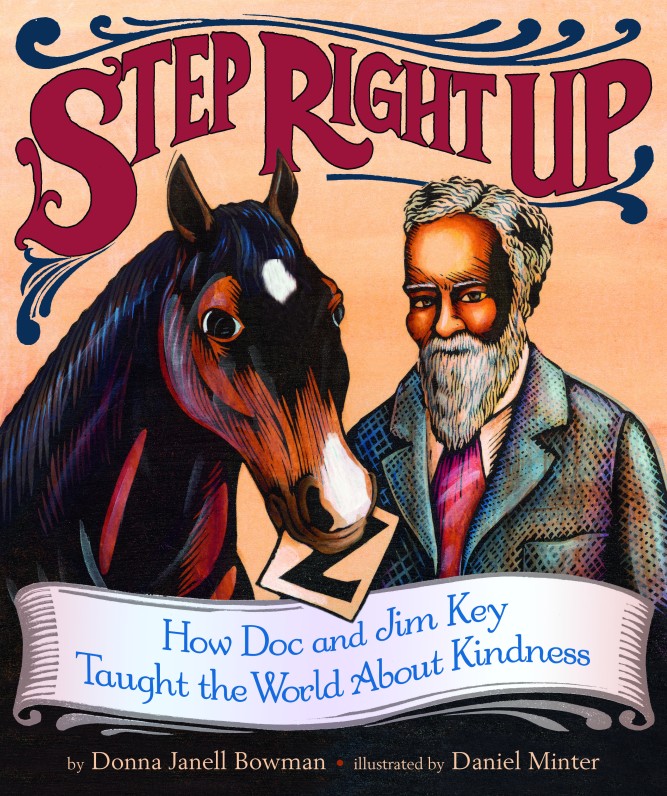
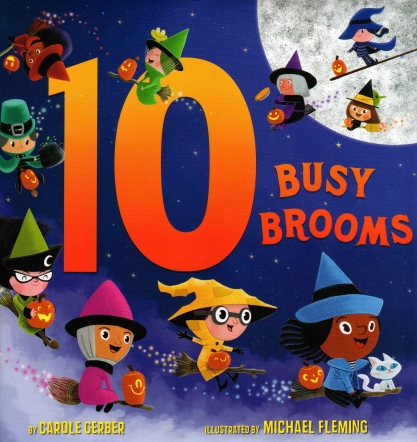
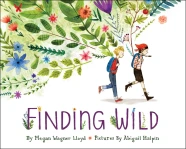
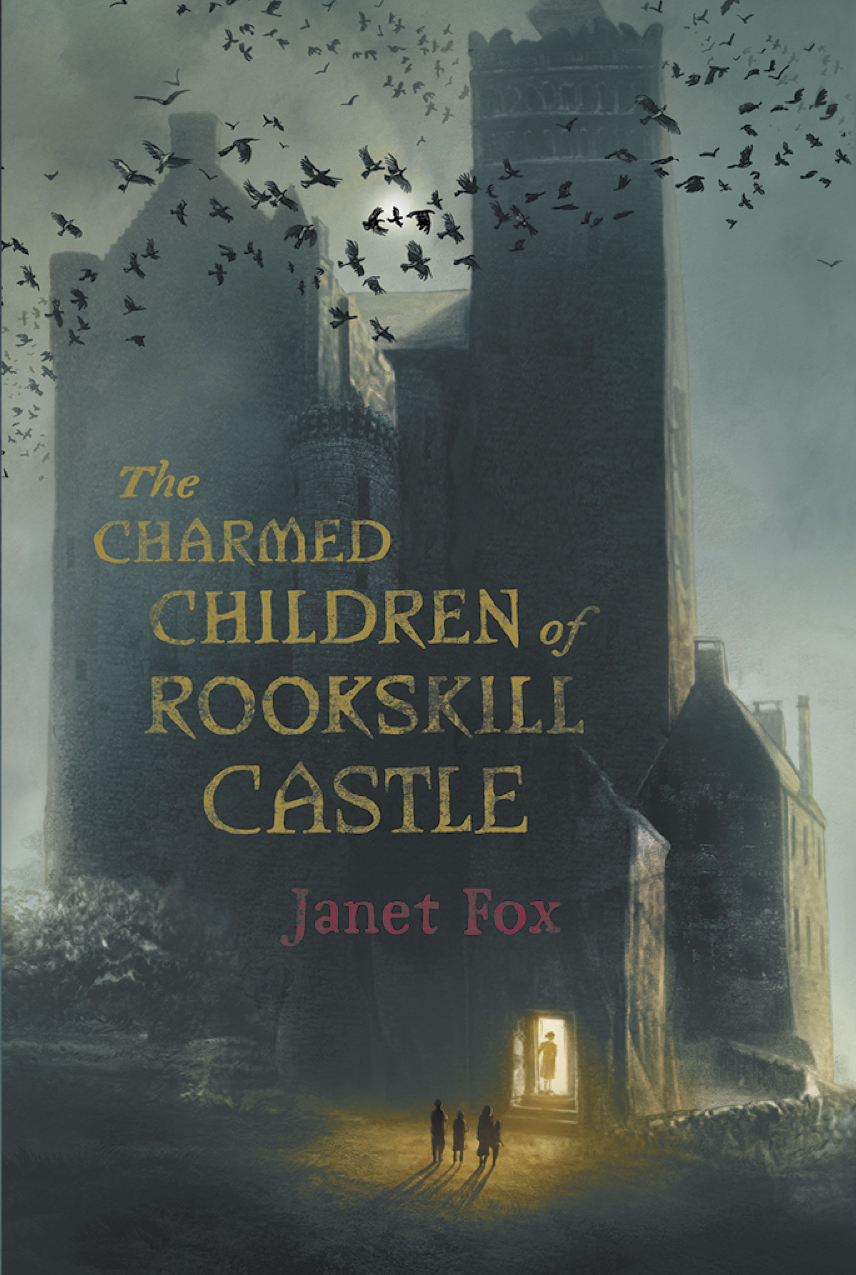
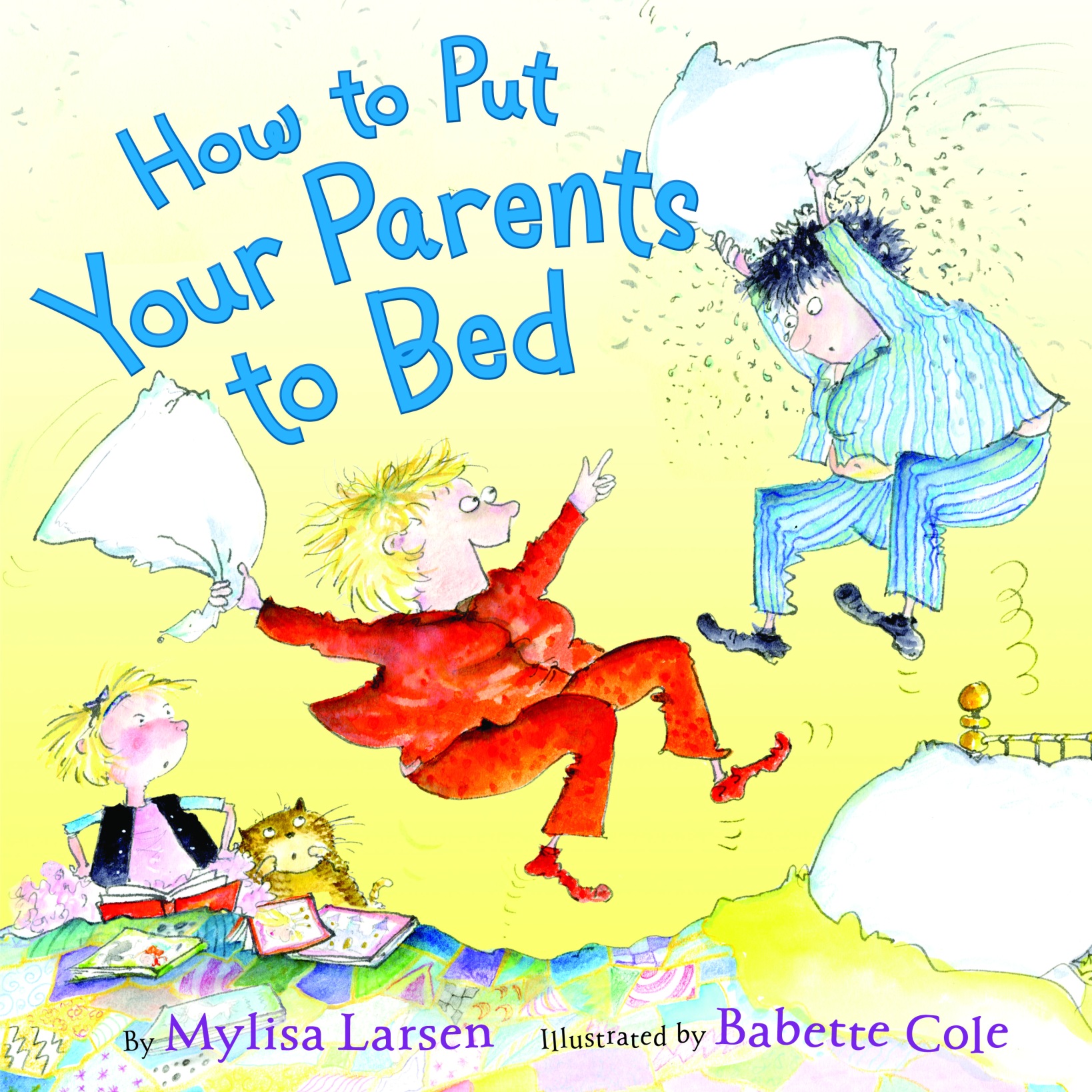



Great post!! Thank you (and thanks, Emus!) for sharing such diverse examples and exploring the deeper question of what works. There are a lot of query How-To offerings out there (from “helpful” to, er, “less helpful”), but I haven’t read anything that really cuts to the heart of it like you do here.
LikeLike
Wow, thanks, Adi! I love cutting to the heart. Perhaps I should have been a surgeon–or a knife-wielding serial killer.
LikeLike
Great post, Carol! One of the things that felt most risky to me, but also the most important, was writing my query in a way that genuinely reflected my voice. So I tried very hard to be professional and clear, but I tried equally hard to avoid stifling my usual quirks of style, humor, and tone. It’s very easy to get all bollixed up in the “query rules,” and it’s definitely important not to cross boundaries that will create discomfort in the agent or editor reading the query. However, it’s also worth the effort to make sure your writing voice shines through in the query to the same degree that it shines through in the manuscript.
LikeLike
Mike, you said it better and in fewer words. Bravo!
LikeLike
I have bookmarked this, Carol. You make query letter writing so straight forward and clear. Being a writer is scary business and the spoonful of humor that you write with does help the medicine go down.
LikeLike
Thanks for an honest and down-to-earth appraisal of query letters, Carol. Stacy Jensen sent me over here to read it and I’m glad that she did! You are so right about the query letter being one of the elements that set many writers quaking and shaking.:) Perhaps we can view it as race where the writer is running…and must leap over the hurdles…query letters and cover letters seem to be those
fences. It can be done and the successful query letter examples you give are a great help.
LikeLike
Thanks, Vivian. I do think we can get so focused on how to catch an editor’s attention with the perfect query when, as always, it’s the manuscript that really needs to be perfect.
LikeLike
I know…you are so right! But first impressions are very important…we need to find a comfortable balance.:)
LikeLike
Fantastic info here, Carol!
LikeLike
What a great post, Carol. You are a natural born teacher. Your advice to write your query, “like the talented writer your are” was brilliant. It seems so obvious but I bet it doesn’t occur to most writers. We get so saddled down with the mechanics we forget who we are.
LikeLike